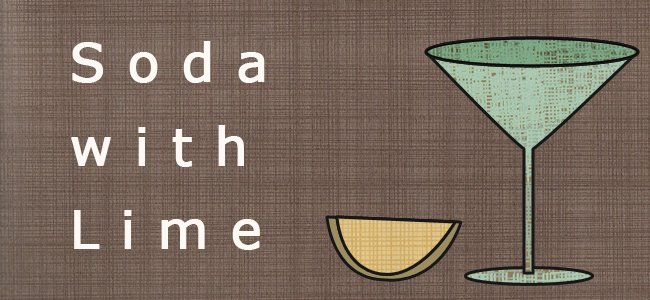I heard a woman by the name of Jane Brody on a podcast of the Diane Rhem's show today. Her book, "Jane Brody's Guide to the Great Beyond" is about end of life care and how each of us can prepare ourselves and our loved ones. I think about this issue a fair amount. Not in the sad sense of grieving my future demise but in the practical way. It amazes me how death is such a silent force in so much of what we do, but we seal it off from our lives. Death always takes us by surprise...yet we all know it's going to happen.
Maybe that's the equation and there is no way around it. But I think in the least, we can be realistic about the complications death inevitably brings. We can prepare for some of that and hopefully lessen the burden on those we've left behind.
A few things Ms. Brody suggested:
1. A living will saying how you want to die. If you want to be resuscitated, etc.
2. Suggests letting people know about your end of life wishes. That way everyone is on the same page. This also alleviates a lot of the burden or guilt. As young people, we don't think this is necessary, but if something were to ever happen to us, we need to give our parents the same assistance of knowing our wishes as we'd want from them.
3. When discussing treatments and serious diseases take a tape recorder to doctor's appointment. At the minimum take written notes. Try and bring a loved one along just so there are two sets of ears listening. Different people will hear different things.
4. Hospice. Apparently hospices are free and a lot of the services they offer (grief counseling for example) are free. Everyone who called in couldn't say enough positive thing about hospices. I realized I know very little.
5. She said that many doctors disappear when they realize they can't do anything to save their patient. Doctors study saving lives...not death. She suggested thanking the doctor for all the work he's done and telling him that you want him there until the end.
Right now my grandfather of 85 is set for 22 days straight of radiation therapy for metastasized cancer. (That's a whole other story.) He is in the late stages of Alzheimer's and lives with his care taker far away from those that knew him in his previous life. He probably wouldn't recognize us. The last time I saw him the birthday cake we had for him really only brought fear. Did he recognize us? I don't know. But it begs the question, "What is the point in the radiation?"
In telling all of this to my mother, my Grandmother said, "Well we can't just let him die." And that's what it would feel like if we didn't go forward with treatment. It would feel like we were just letting him die. That we had abandoned him. But what if he wants to die. What if this strong man who spent his entire life bucking authority and being smarter than anyone around him, never wanted to be like this. But we don't know. We can only make guesses as well as a family can when they are huddled between forces of love and guilt and uncertainty.
* * *
My Dad's mother has this hand written on an 8 1/2 x 11 piece of printer paper and taped to a wall next to a window. Wall space is hard to find at their house as everything is covered with Bible verses, quotations and pictures of sunsets. I've always loved this particular one though:
"Death is not extinguishing the light; it is putting out the lamp because dawn has come."
-Rabindranath Tagore
Subscribe to:
Post Comments (Atom)
.jpg)
This is always a sad and hard subject. We do need to think of it rationally due to the inevitableness of it all (I like to make up words), but emotionally, it's too hard. We never think, that at our age, we should figure out what we want, but one never knows . . .
ReplyDelete